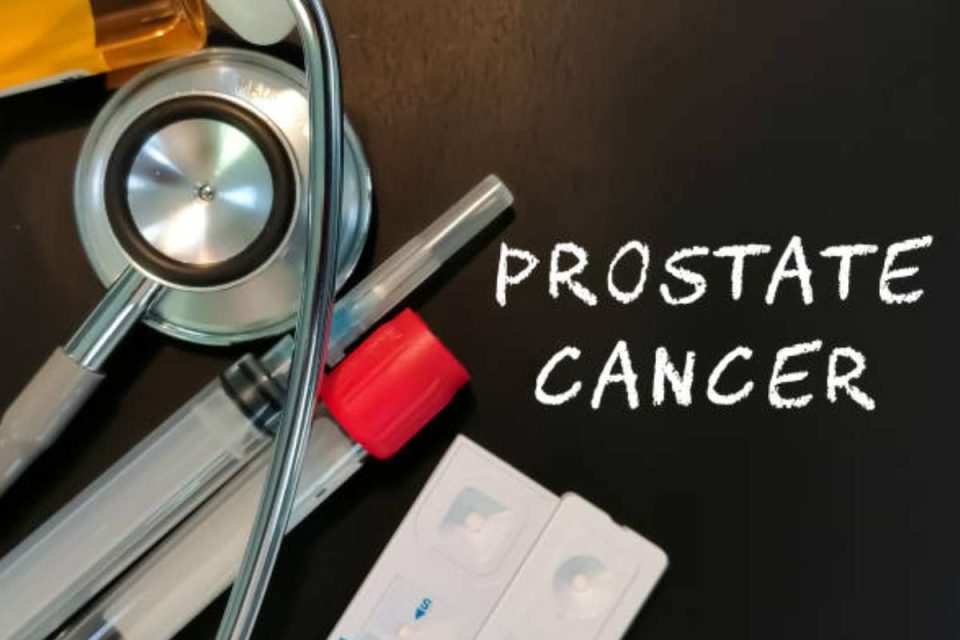Prostate cancer is a cancer type that infect the prostate gland, which is a small gland located between the bladder and the penis in men. It is one of the most general types of cancer that affects men, with about 1 in 9 men being diagnosed with prostate cancer in their lifetime.
Self-diagnosing prostate cancer can be difficult, as early-stage it often does not show any symptoms. However, there are a few signs and symptoms that men can look out for, which may indicate prostate cancer.
These include:
- Difficulty urinating: This could be a sign of an enlarged prostate or urinary tract infection, but it could also be a sign of prostate cancer.
- Blood in urine or semen: This is not always a sign of it, but it should be checked out by a doctor as it can be a indication of other health issues.
- Painful ejaculation: This is not a common symptom of it, but it can sometimes occur.
- Stiffness or pain in the lower back, hips, or thighs: This can be a sign that cancer has spread beyond the prostate gland.
If you experience any of these symptoms, it is important to see a doctor as soon as possible. However, it is worth noting that these symptoms can also be caused by other conditions, so it is important not to jump to conclusions.
Prevention
The best way to prevent it is through regular screenings. Men should begin getting screened for prostate cancer at age 50 or earlier if they have a family history of prostate cancer. Screening typically involves a digital rectal exam and a prostate-specific antigen (PSA) blood test.
In addition to regular screenings, there are also some lifestyle changes that men can make to help reduce their risk of prostate cancer. These include:
- Eating a Healthy Diet: Diet rich in vegetables, fruits, and whole grains can help reduce the risk of it.
- Exercising regularly: Daily exercise can help reduce the risk of prostate cancer, as well as other health issues. Ensure you engage in proven exercises for healthy prostate to enable you to keep your focus on protecting yourself and preventing it.
- Maintaining a healthy weight: Overweight can increase the risk of prostate cancer, so it is important to maintain a healthy weight.
- Quitting smoking: Smoking has been linked to an increased risk of it, so quitting smoking can help reduce the risk.
- Limiting alcohol consumption: Drinking alcohol in moderation is fine, but excessive drinking has been linked to an increased risk of prostate cancer.
In conclusion, self-diagnosing it can be difficult, as early-stage it often does not show any symptoms. However, men should be aware of the signs and symptoms of it, and seek medical attention if they experience any of these symptoms.
The best way to prevent it is through regular screenings, as well as making healthy lifestyle choices such as exercising regularly, eating a healthy diet, maintaining a healthy weight, quit smoking, and limiting alcohol consumption.

